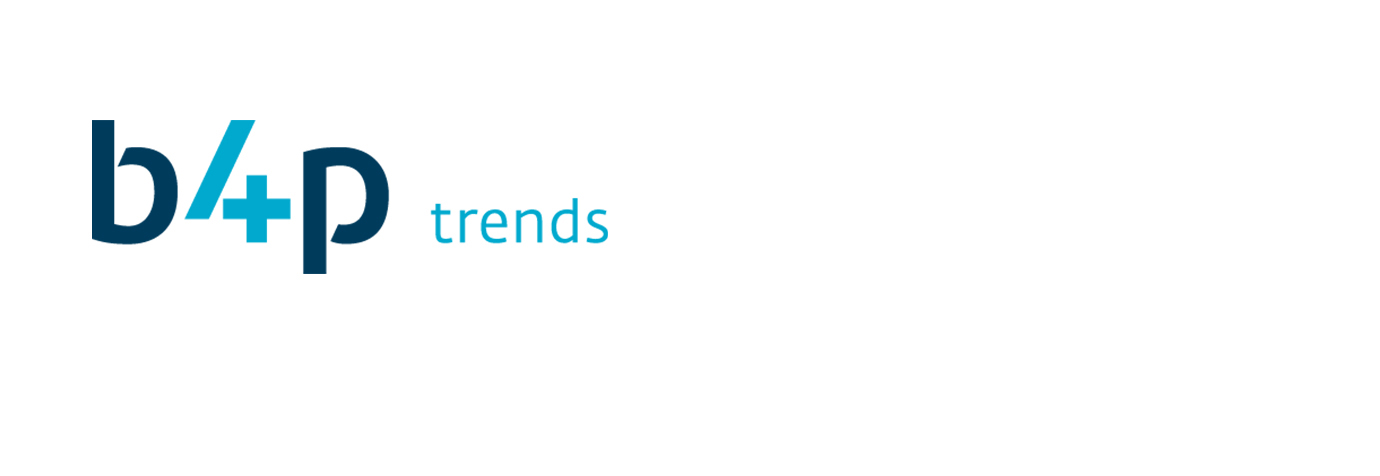
According to the most recent b4p trends from the Gesellschaft für integrierte Kommunikationsforschung (GIK)*, or the company for integrated communication research, eight out of ten of those surveyed therefore trust journalistic work. They also consider information obtained from journalistic media content to be more credible than news found on social media.
Almost two thirds (62 per cent) believe information disseminated in German media to be true in general. Radio broadcasters (82.8 per cent), news websites belonging to established media brands (80.7 per cent), public broadcasters (80.4 per cent), daily newspapers (78.6 per cent) and news magazines (73.1 per cent) in particular are considered to be very highly credible among German Internet users.
The origin of a news story is incredibly important
In light of the escalating debates concerning Fake News, nearly all of those surveyed consider it wise to use multiple sources of information when it comes to information concerning current political and social issues rather than relying on just one source (94 per cent). The origin of current news is also important for the vast majority, with eight out of ten of those surveyed saying they investigate where the news story comes from in order to draw their own conclusions about its truthfulness (80 per cent).
Established media enjoying great trust
A large majority of those surveyed (84 per cent) assume that information from established journalistic media outlets has been checked for its truthfulness before publication. With that in mind, established media outlets are also most people’s main source of information for the latest political or social news.
Public broadcasters (67 per cent) and radio (59 per cent) lead the way, followed by websites belonging to well-known print and radio media brands (48 per cent). Private television broadcasters (43 per cent) and daily newspapers (41 per cent) rank almost on a par as sources of information – even higher than social media channels such as Facebook, etc. (35 per cent). Only among the under-30s do more than one in two of those surveyed get their up-to-date information from traditional news websites (54 per cent) nearly as often as they do from social media platforms (52 per cent).
Less trust in social media
Just 25 per cent of those surveyed consider platforms such as Facebook, Twitter, Instagram and YouTube to be credible. Surprisingly, even the under-30s doubt the credibility of social media in relation to current news, despite their comparatively intensive usage of the platforms. A mere 26 per cent – almost as few of those surveyed under 50 (23 per cent) – consider this source to be credible. Instead, most people primarily associate social networks with inflammatory and offensive content.
In contrast, those who took part in the b4p trends survey place the largest amount of trust in the credibility of news primarily from radio broadcasters (83 per cent), news websites belonging to established media brands (81 per cent), public television broadcasters (80 per cent), as well as daily newspapers (79 per cent) and news magazine (73 per cent).
Education and background influence trust in media
As the study also shows, the credibility of media content is heavily dependent on the level of education and the background of those surveyed. In general, the higher the level of education, the more trust that is placed in established media. There are also regional differences: Those surveyed who come from the old German federal states show a significantly higher trust in the media (64 per cent) than those from the new federal states (53 per cent).
You can find more information on the new b4p trends survey including many more additional aspects at b4ptrends.media.
*among around 1,000 online respondents in Germany aged 16 or over